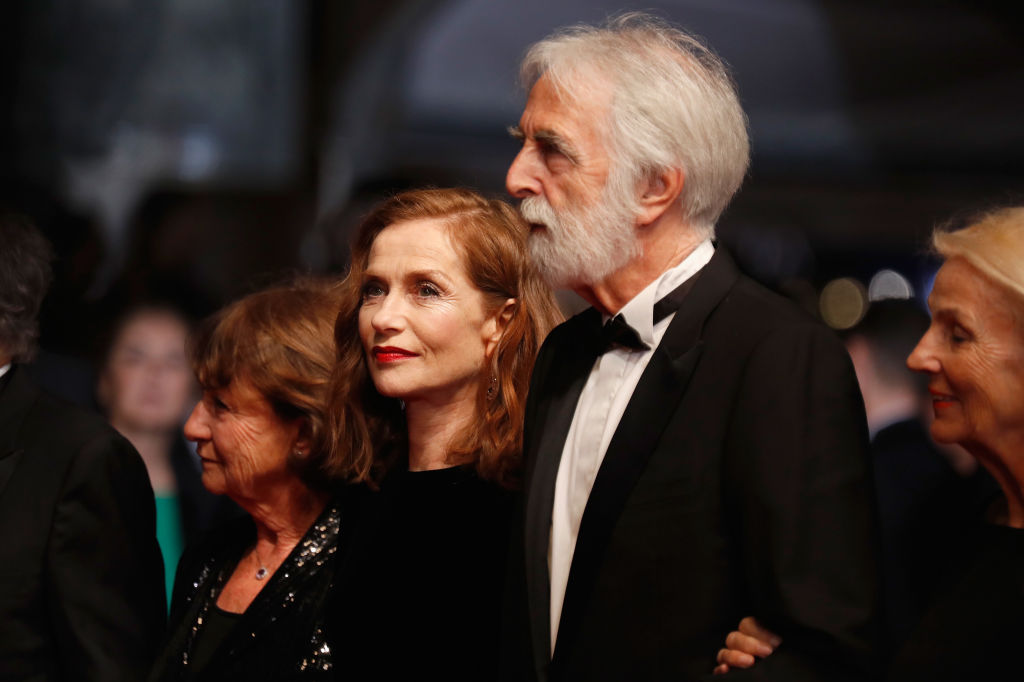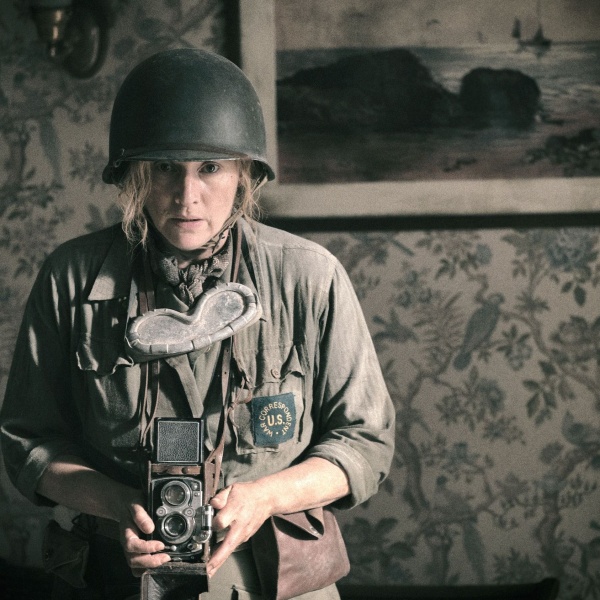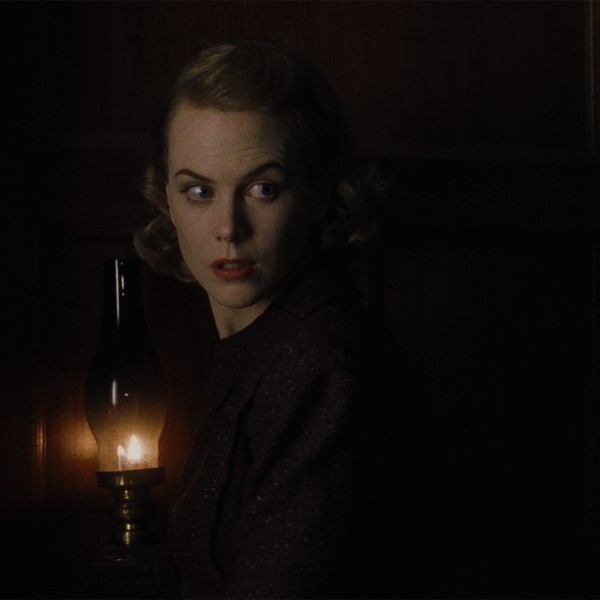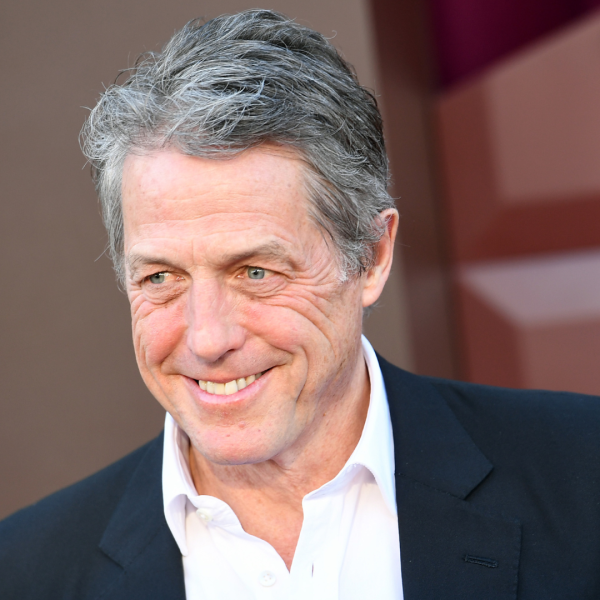What happened to Michael Haneke? The 81-year-old Austrian filmmaker who won an Oscar for “Amour” and flayed class privilege, technology, and voyeurism in French-language films like “Benny’s Video,” “Code Unknown,” and “Caché,” hasn’t released a feature since 2017’s “Happy End.” That satire of bourgeois indifference to the European migrant crisis starred French icon Isabelle Huppert, in her fourth film with the director after the post-apocalyptic “Time of the Wolf,” pitch-dark psychosexual drama “The Piano Teacher,” and the gutting end-of-life drama “Amour,” where she played the daughter of Jean-Louis Trintignant and Emmanuelle Riva in some of their final performances.
That makes Huppert, among Haneke’s longest-lasting collaborators, a great person to ask about what the many-times Cannes-winning provocateur is up to now. They speak a unified language, and as she told IndieWire, they stay in touch. Since “Happy End,” a number of Haneke projects have fallen out or apart, from a planned flash mob drama to an English-language dystopian miniseries. We can’t doubt his health, as the “White Ribbon” filmmaker recently held court for a virtual Q&A at an American Cinematheque celebration of his work back in June.
IndieWire recently spoke to Huppert, who unanimously won Best Actress in Cannes for portraying a masochistic musician in Haneke’s 2001 “Piano Teacher,” about her new film “La Syndicaliste,” and naturally the subject of Haneke came up. (More on Huppert’s “La Syndicaliste,” in which she plays a Hitchcock-blonde trade-unionist whistleblower for director Jean-Paul Salomé, next week.)
“He’s doing OK. We are in touch, yes, we are in touch,” she said in a Zoom interview out of Paris, “but you can’t have Michael Haneke doing anything he doesn’t want to do. Obviously, he’s been not busy for the past six years, as you say, and I don’t know. I have no idea if he will work again, if we will work together again. He’s been through a difficult time maybe after COVID. I don’t know enough. He’s in good shape. I can only make wishes that he will be working again.”
Huppert, who received an Oscar nomination in 2017 for Paul Verhoeven’s “Elle,” added, “We need [Haneke], and his films, his look, his vision of the world. Which is always nice to watch, but which is necessary.”
I pointed out how British director Jonathan Glazer’s “The Zone of Interest,” whose star Christian Friedel cut his teeth on Haneke’s 2009 Palme d’Or winner “The White Ribbon,” has drawn comparisons to the most unflinching works of Haneke, which are emotionally cold by design and also reckon with wartime guilt. Huppert hasn’t seen Glazer’s Holocaust drama yet, but said, “I can’t wait to see it.”
Earlier this year, IndieWire also spoke to frequent Haneke collaborator Juliette Binoche about her experiences working with him on “Code Unknown” and “Caché.”
“On ‘Caché,’ it was interesting, because at the beginning of the shooting, I felt like he didn’t see me. He didn’t tell me anything for the first three weeks. I got almost upset, not totally because I knew him, but almost because I thought, ‘He doesn’t give a shit about what I’m doing,’” Binoche said. “So I said that to him, I said, did you see? Do you have nothing to tell me? I feel like I’m being left on the side. He said, ‘Really? Really?’ And then he started really telling me every single thing, what I should be doing and not doing, and then it became a nightmare. So I thought, ‘I shouldn’t have said anything.’ For me, ‘Caché’ is that.”
Kino Lorber releases Huppert’s latest film, “La Syndicaliste,” in theaters on Friday, December 1.





